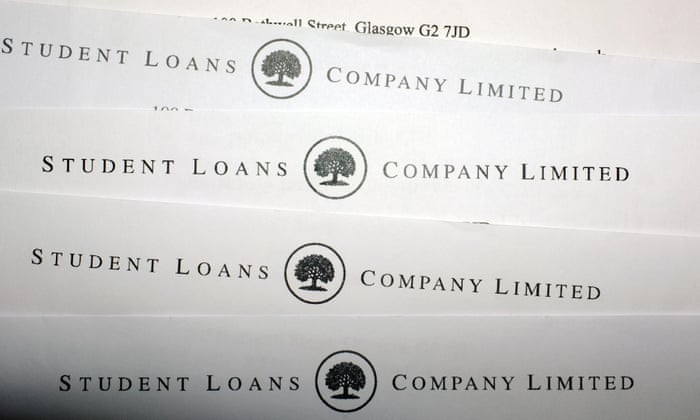
The rate rise affects students who started after 2012. Photograph: Alamy
Ministers are facing renewed criticism over university funding after an increase in student loan borrowing costs using a “flawed” measure of inflation. The interest rate on loans for students in England, Wales and Northern Ireland will rise by up to 6.3% from September, up from the current 6.1% for anyone who started studying after 2012.
The change is a consequence of the increase in the retail price index (RPI) for last month to 3.3% from 3.1% in March a year ago. The government links the interest rate on student loans to the RPI reading for March each year, plus 3%.
Economists have long criticised the government for using RPI, which is typically higher than other measures of inflation and fails to take into account some forms of household costs. The RPI lost its status as a national statistic in 2013 and the Office for National Statistics advises against its use.
Although the government has switched to using the consumer price index (CPI)for calculating the rate of increase in pensions and benefits, it persists in using RPI for student loans and train fares.
Paul Johnson, director of the Institute for Fiscal Studies, attacked the government use of the RPI on Twitter.
The government initiated a review of post-18 education earlier this year – including a look at the role of interest rates – which is due to conclude early next year.
A spokesman said: “Our decision to raise the minimum repayment threshold for student loans to £25,000 is saving 600,000 graduates up to £360 per year from this month.
“[RPI] has always been used for calculating interest on student loans. Student loans are not like commercial loans as they have more favourable terms, including repayments being linked to income and not to the amount borrowed.”
[“Source-theguardian”]

